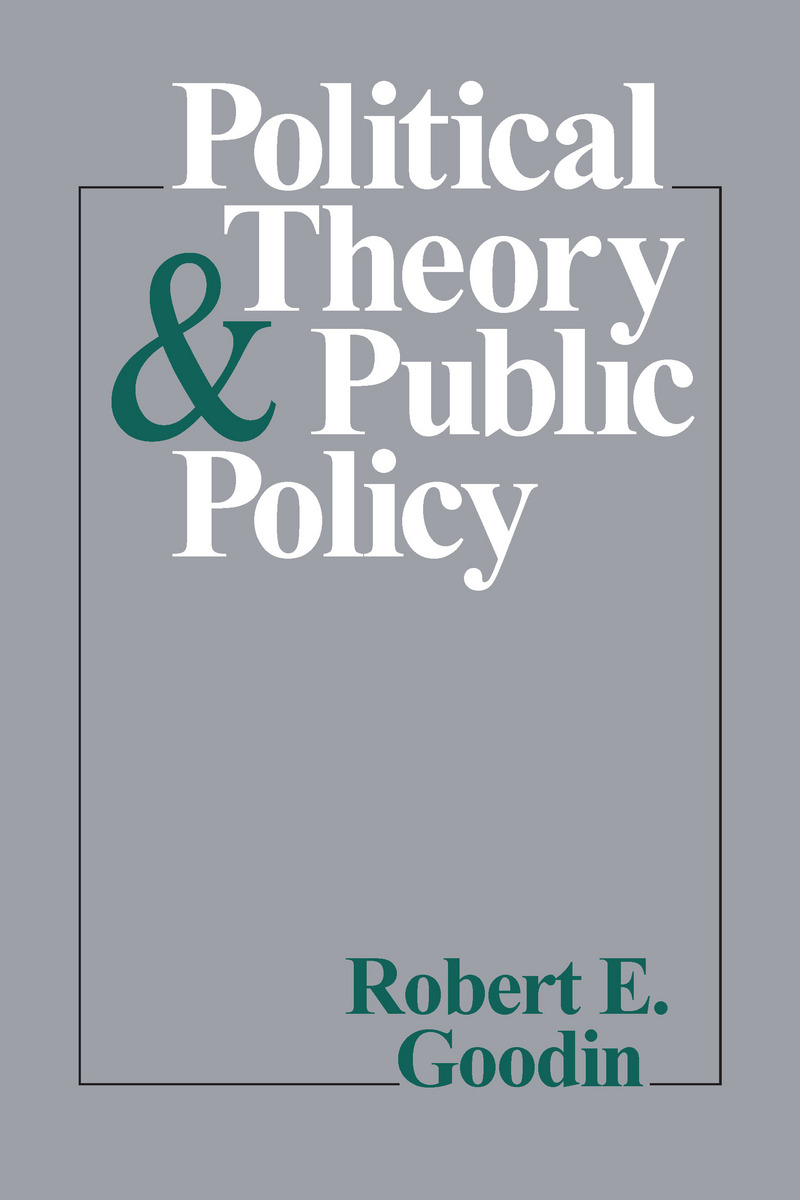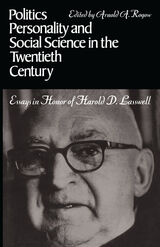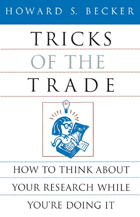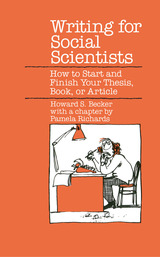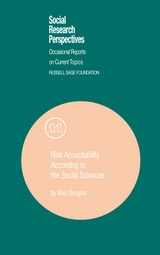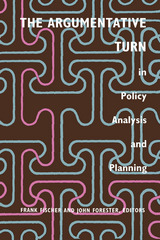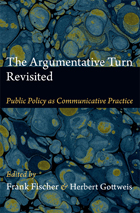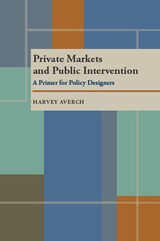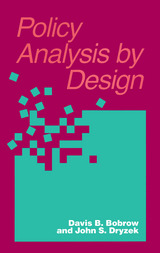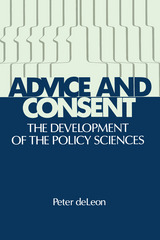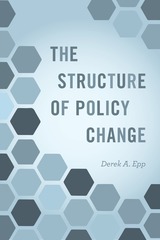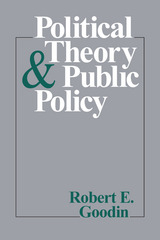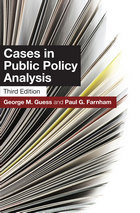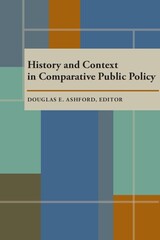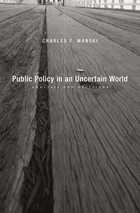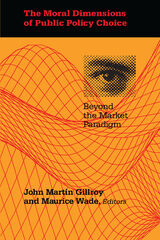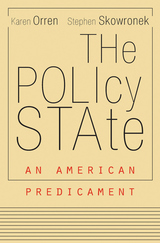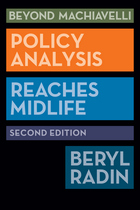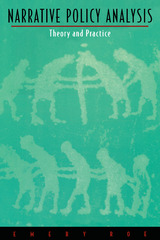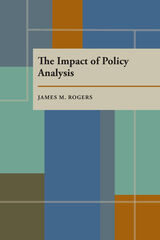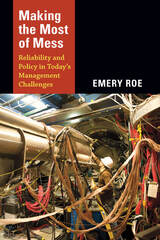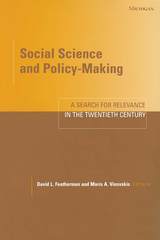Political Theory and Public Policy
University of Chicago Press, 1983
Cloth: 978-0-226-30296-6 | Paper: 978-0-226-30297-3
Library of Congress Classification H97.G66 1982
Dewey Decimal Classification 361.61
Cloth: 978-0-226-30296-6 | Paper: 978-0-226-30297-3
Library of Congress Classification H97.G66 1982
Dewey Decimal Classification 361.61
ABOUT THIS BOOK | AUTHOR BIOGRAPHY | TOC | REQUEST ACCESSIBLE FILE
ABOUT THIS BOOK
Some say that public policy can be made without the benefit of theory—that it emerges, instead, through trial-and-error. Others see genuine philosophical issues in public affairs but try to resolve them through fanciful examples. Both, argues Robert E. Goodin, are wrong.
Goodin—a political scientist who is also an associate editor of Ethics—shows that empirical and ethical theory can and should guide policy. To be useful, however, these philosophical discussions of public affairs must draw upon actual policy experiences rather than contrived cases. Further, they must reflect the broader social consequences of policies rather than just the dilemmas of personal conscience.
Effectively integrating the literatures of social science, policy science, and philosophy, Goodin provides a theoretically sophisticated yet empirically well-grounded analysis of public policies, the principles underlying them, the institutions shaping them, and the excuses offered for their failures. This analysis is enhanced by the author's discussion of such specific cases as the disposal of nuclear wastes and the priority accorded national defense—cases that illustrate Goodin's theoretical and methodological framework for approaching policy issues.
Goodin—a political scientist who is also an associate editor of Ethics—shows that empirical and ethical theory can and should guide policy. To be useful, however, these philosophical discussions of public affairs must draw upon actual policy experiences rather than contrived cases. Further, they must reflect the broader social consequences of policies rather than just the dilemmas of personal conscience.
Effectively integrating the literatures of social science, policy science, and philosophy, Goodin provides a theoretically sophisticated yet empirically well-grounded analysis of public policies, the principles underlying them, the institutions shaping them, and the excuses offered for their failures. This analysis is enhanced by the author's discussion of such specific cases as the disposal of nuclear wastes and the priority accorded national defense—cases that illustrate Goodin's theoretical and methodological framework for approaching policy issues.
See other books on: Policy sciences | Political ethics | Political Theory | Social Services & Welfare | Social values
See other titles from University of Chicago Press
